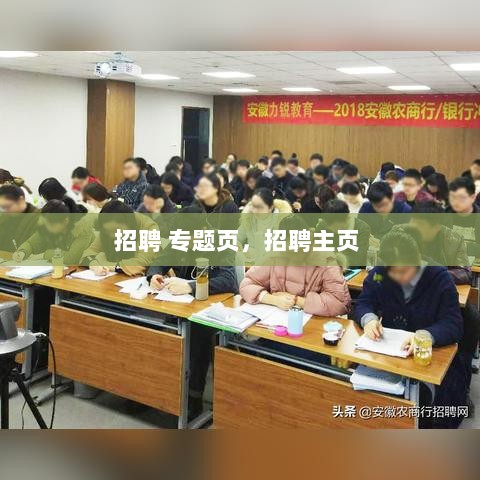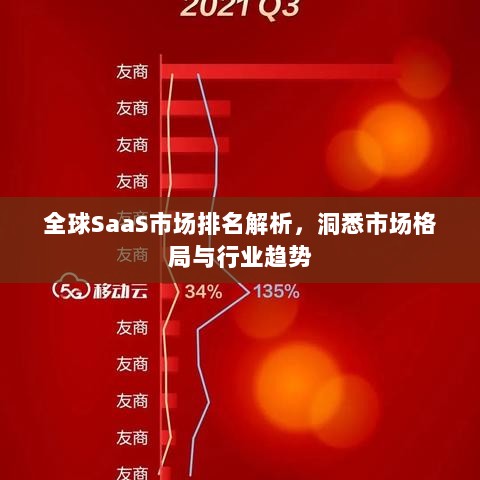<!DOCTYPE html>
Understanding Sudden PalpitationsWhat Are Palpitations?
Palpitations refer to the sensation of a rapid, fluttering, or irregular heartbeat. They can be a common experience for many people and often feel like your heart is pounding, racing, or skipping a beat. While palpitations are usually harmless and not a cause for concern, they can sometimes be a sign of an underlying heart condition.
Common Symptoms of Sudden Palpitations
Sudden palpitations are characterized by the following symptoms:
A feeling of a rapid, fluttering, or irregular heartbeat
A pounding or jumping sensation in your chest
Feeling as though your heart is skipping a beat or beating too fast
Sensation of heart racing, especially after physical exertion or when lying down
Feeling anxious or nervous alongside the palpitations
Causes of Sudden Palpitations
Sudden palpitations can be caused by a variety of factors, including:
Stress and anxiety: High levels of stress can trigger palpitations.
Dehydration: Not drinking enough water can lead to an irregular heartbeat.
Caffeine and alcohol: Excessive intake of these substances can cause palpitations.
Medications: Certain medications, such as decongestants, asthma inhalers, and some antidepressants, can trigger palpitations.
Underlying heart conditions: Palpitations can be a symptom of arrhythmias, heart failure, or other heart-related issues.
Thyroid conditions: An overactive or underactive thyroid can disrupt heart rhythm.
Electrolyte imbalances: Imbalances in electrolytes, such as potassium or magnesium, can affect heart rhythm.
Pregnancy: Hormonal changes during pregnancy can sometimes cause palpitations.
When to Seek Medical Attention
While occasional palpitations are common and not typically a cause for concern, there are certain situations where you should seek medical attention:
If palpitations are persistent or occur frequently
If palpitations are accompanied by fainting, dizziness, or chest pain
If palpitations are disrupting your daily activities or causing you significant distress
If you have a history of heart disease or other cardiovascular conditions
Diagnosis of Sudden Palpitations
Diagnosing sudden palpitations typically involves a physical examination and a review of your medical history. Your doctor may also recommend one or more of the following tests:
Electrocardiogram (ECG): This test records the electrical activity of your heart and can help identify any irregularities.
Echocardiogram: This ultrasound test provides images of your heart's structure and function.
Holter monitor: This device records your heart's rhythm over a period of 24 to 48 hours, allowing doctors to capture any irregular heartbeats that occur during that time.
Event recorder: This portable device can record your heart's rhythm at any time you feel palpitations.
Managing Sudden Palpitations
Managing sudden palpitations involves addressing the underlying causes and making lifestyle changes. Here are some strategies to consider:
Reduce stress: Engage in stress-reducing activities such as meditation, deep breathing exercises, or yoga.














 京ICP备11000001号
京ICP备11000001号
还没有评论,来说两句吧...